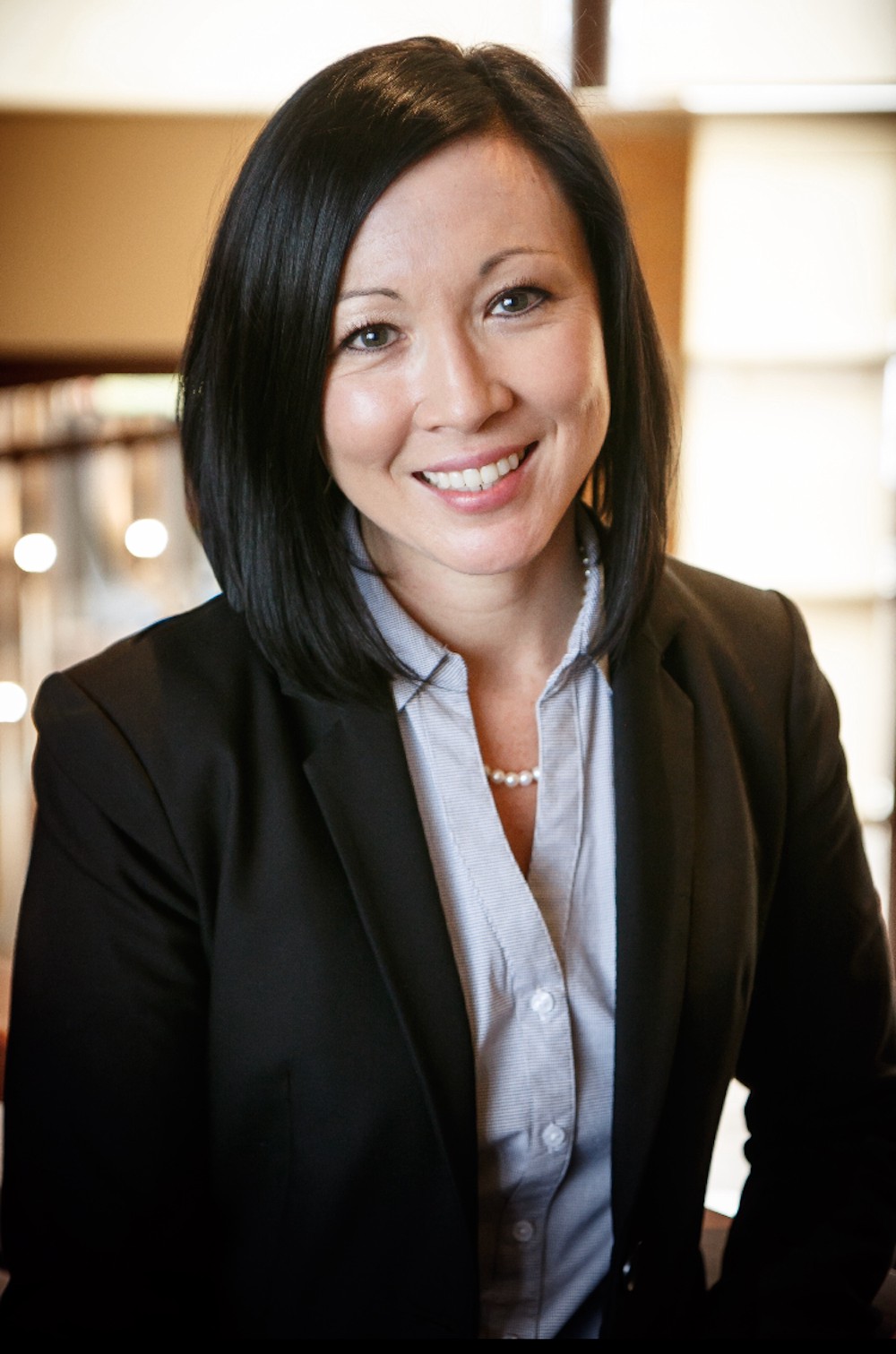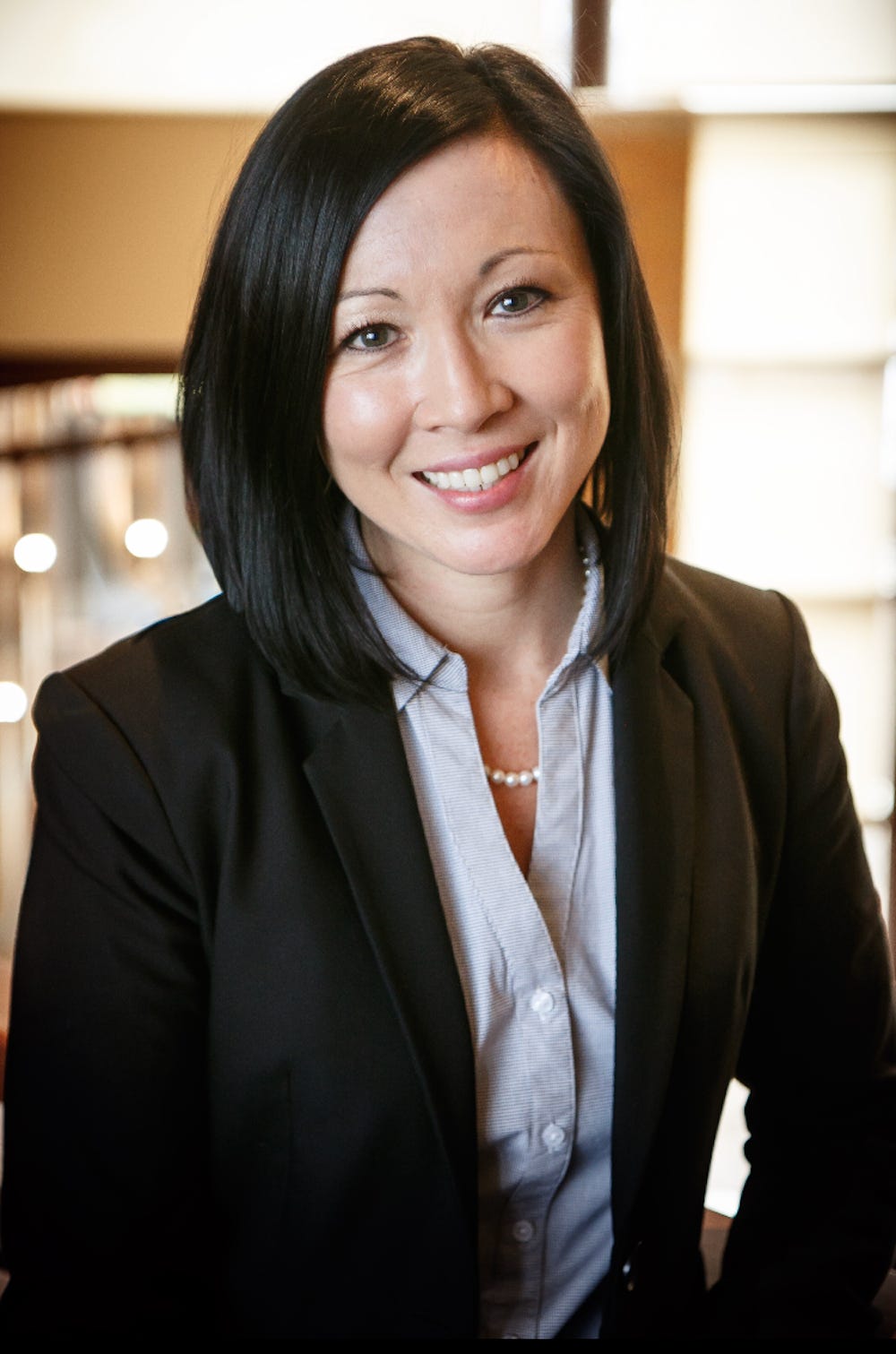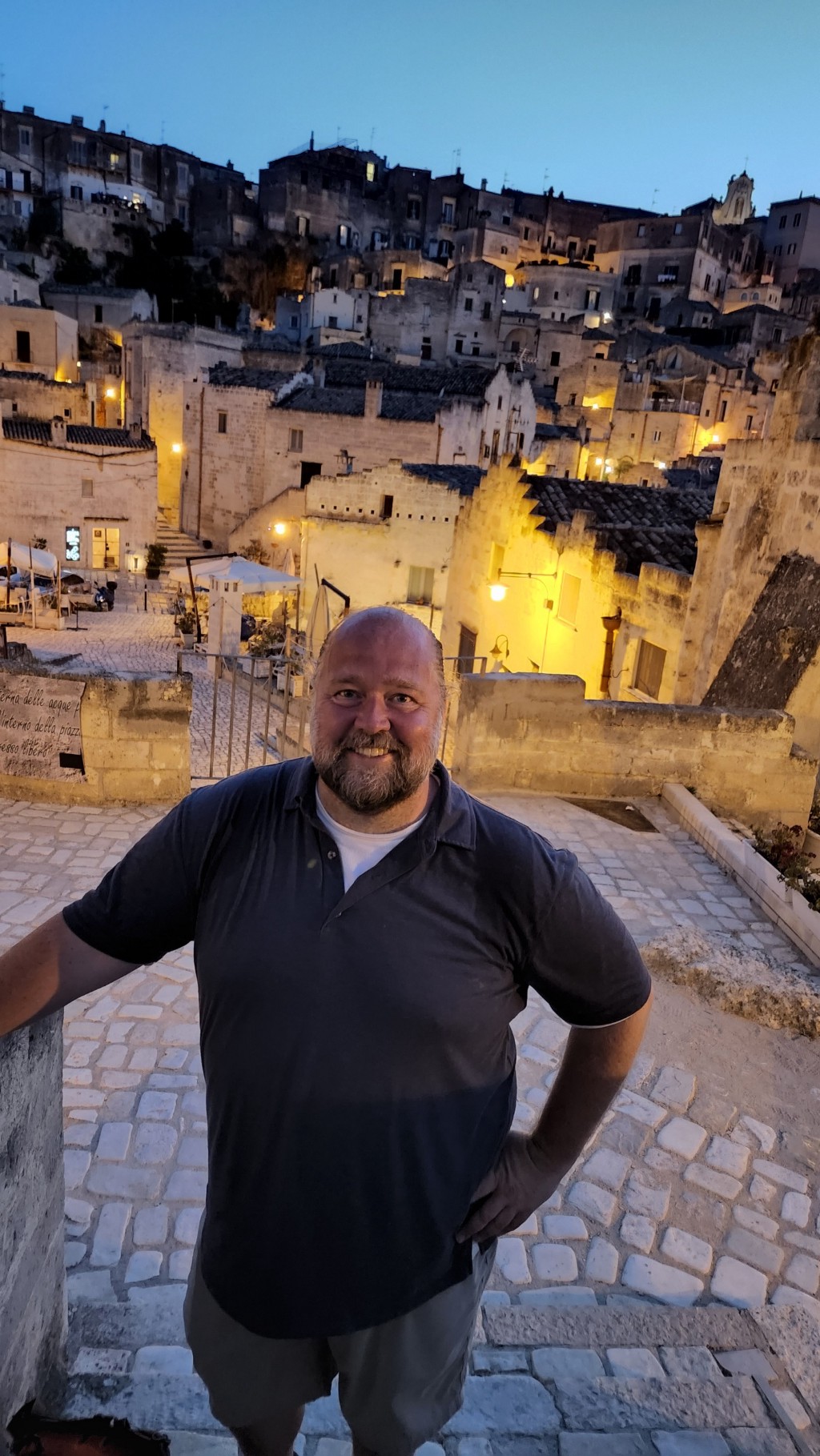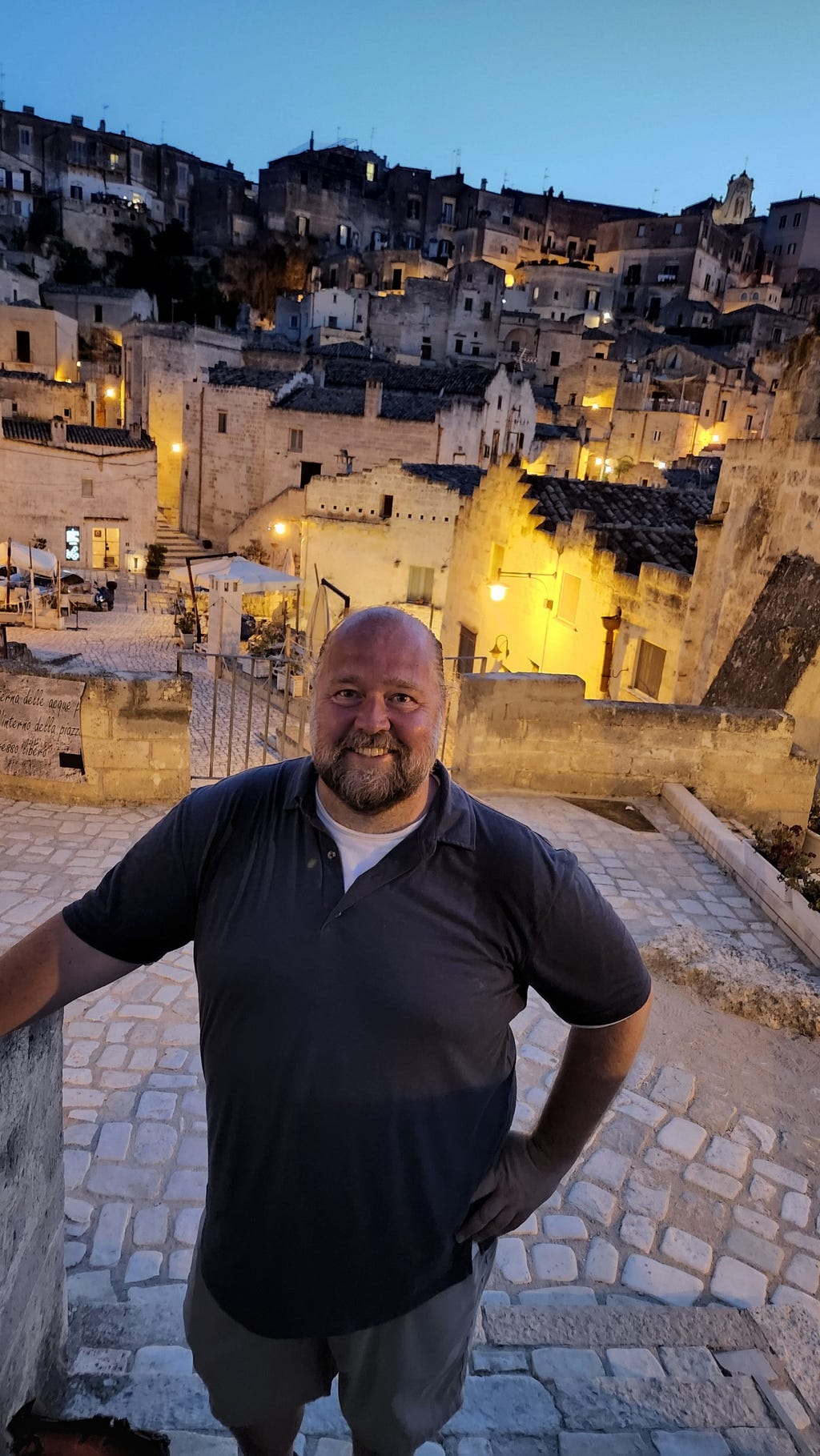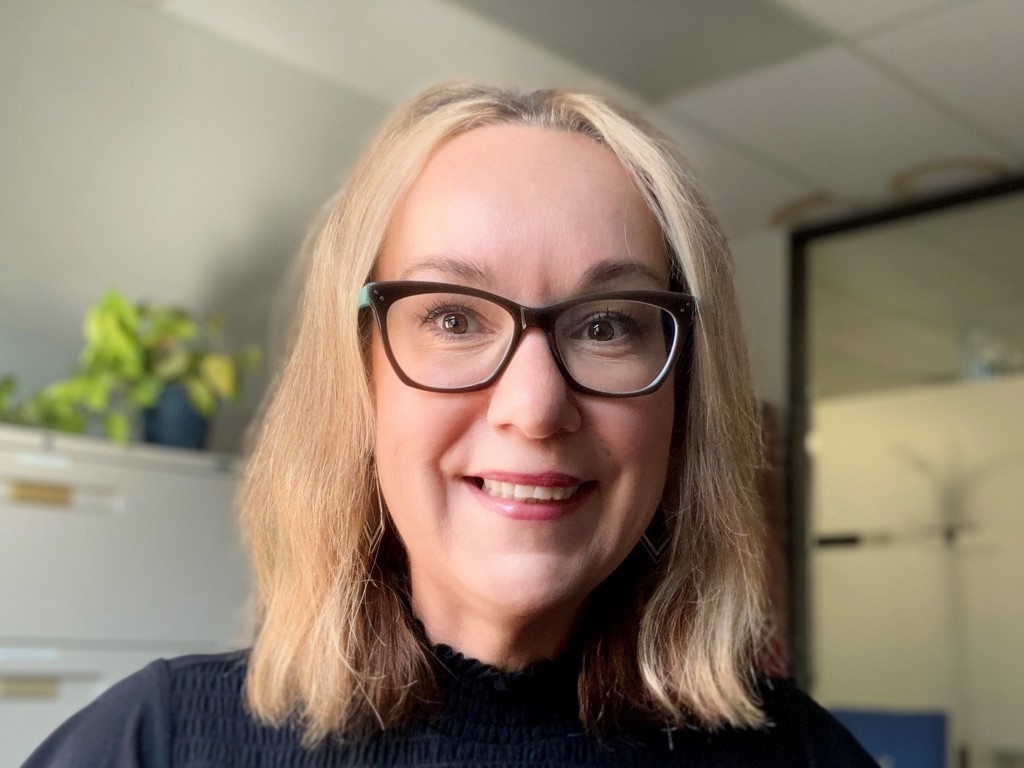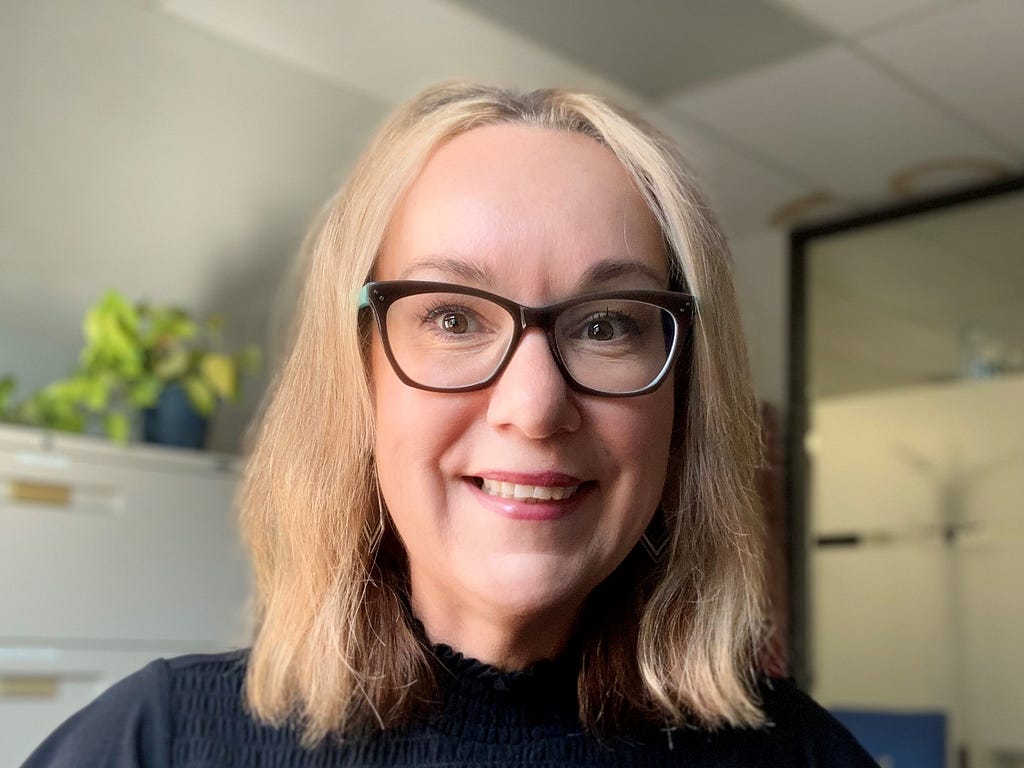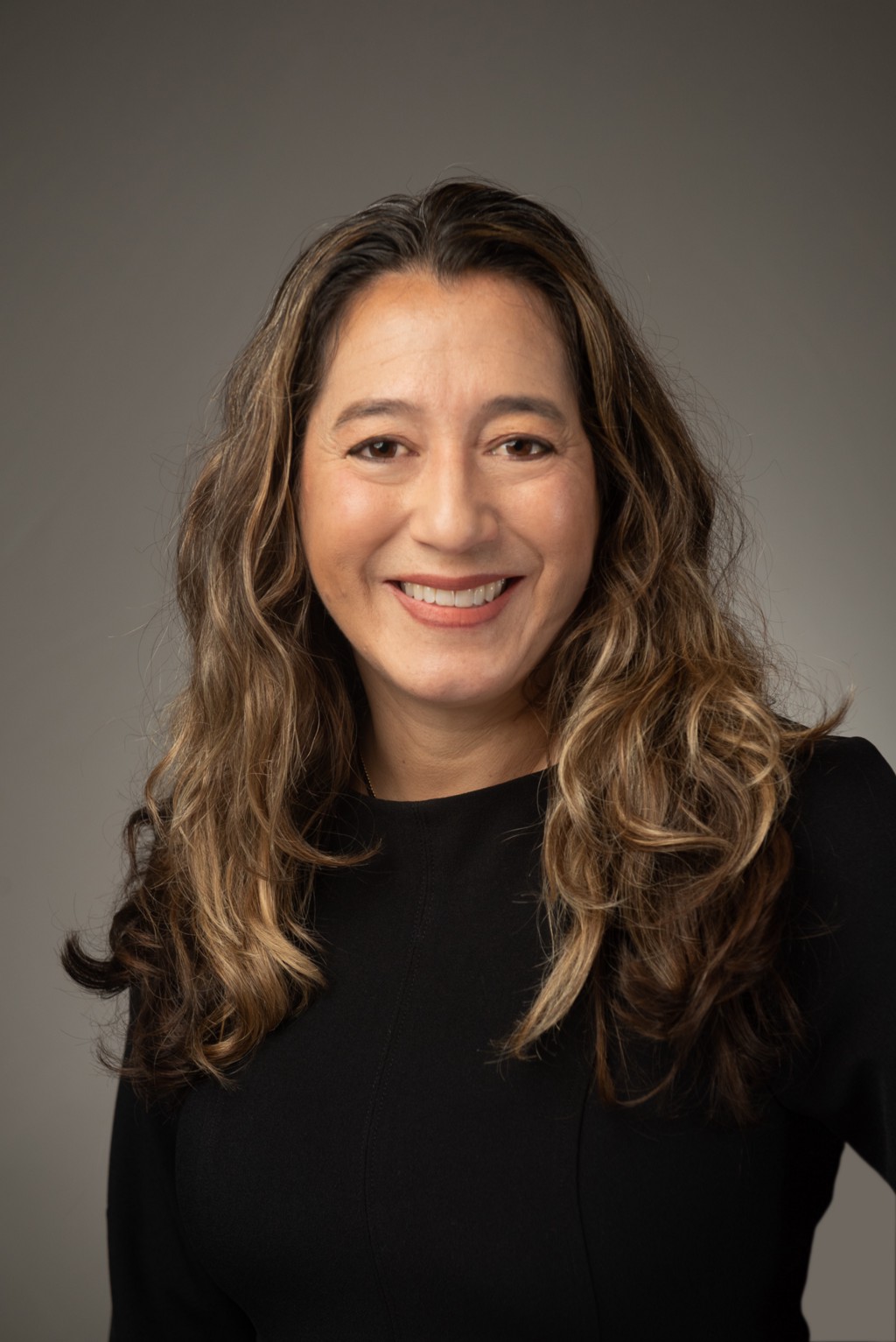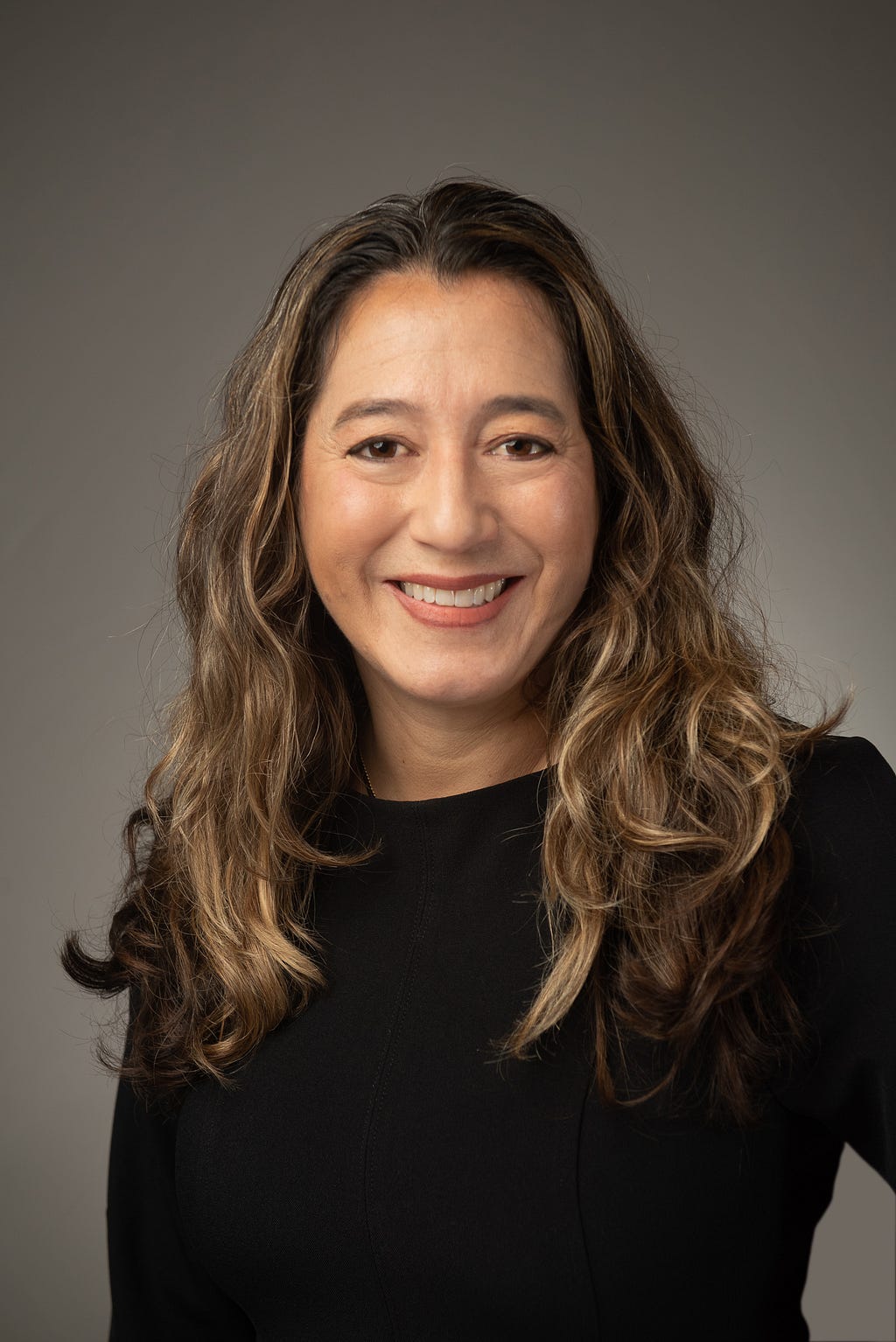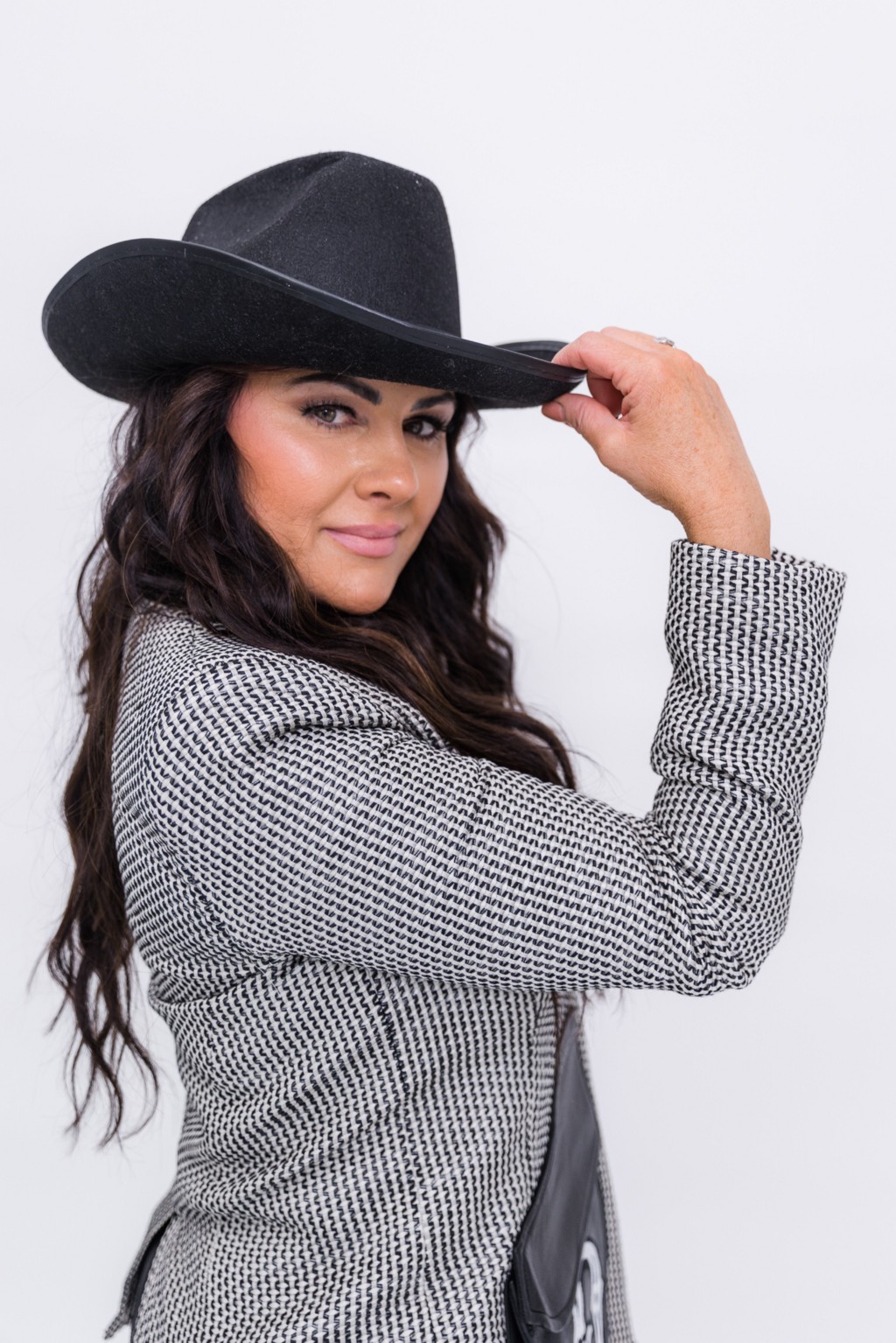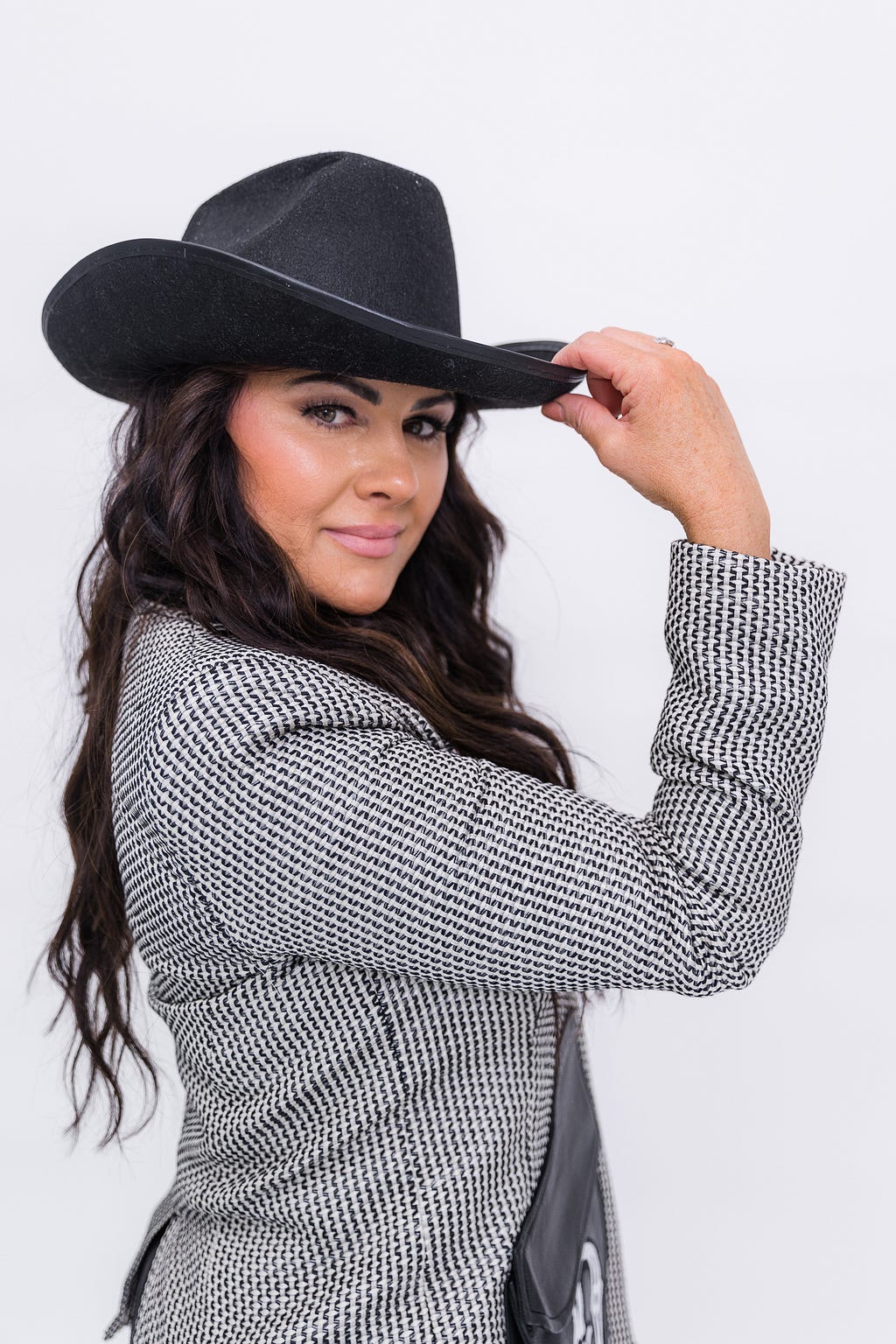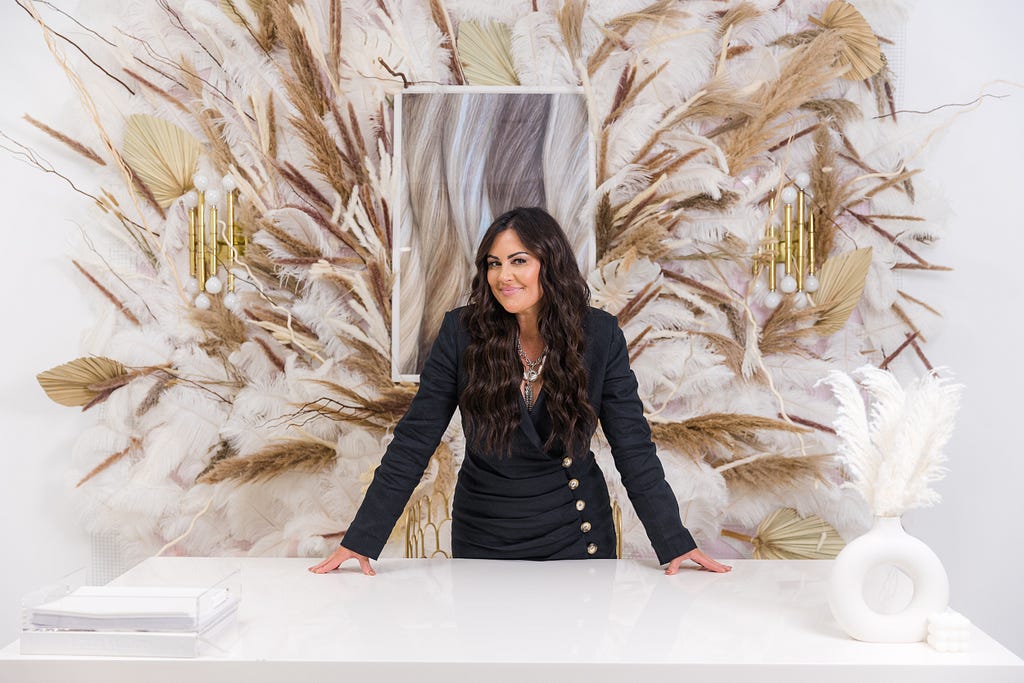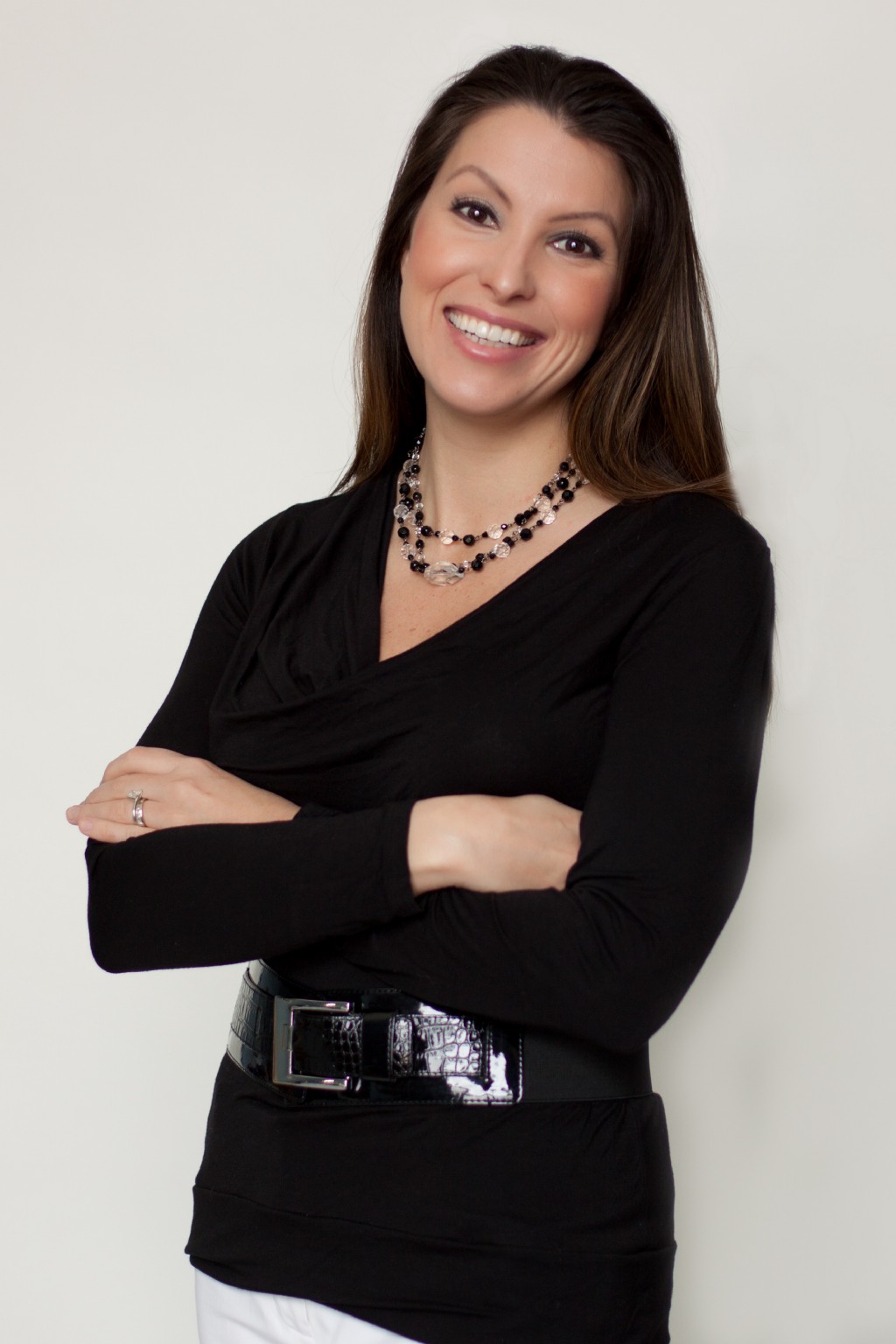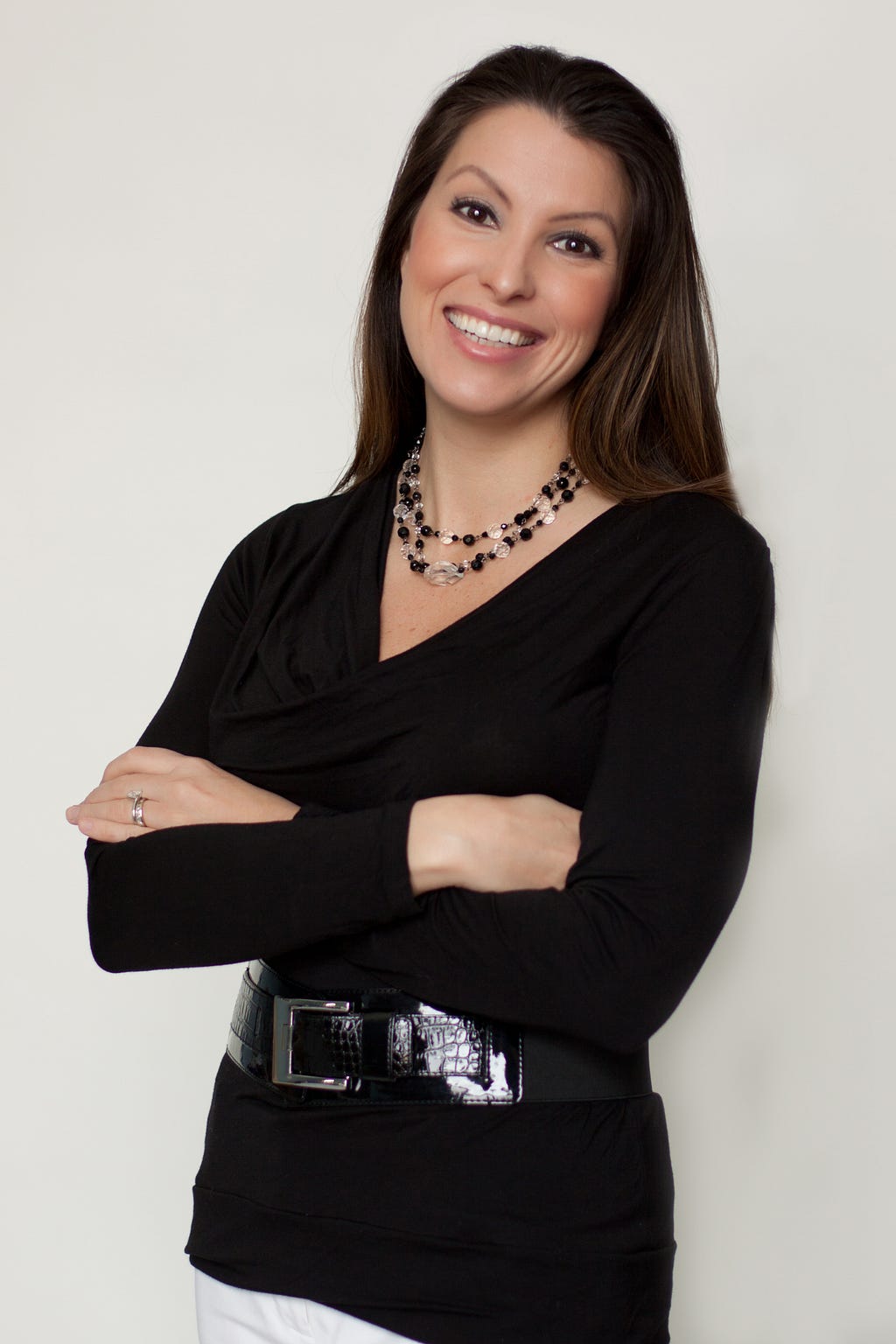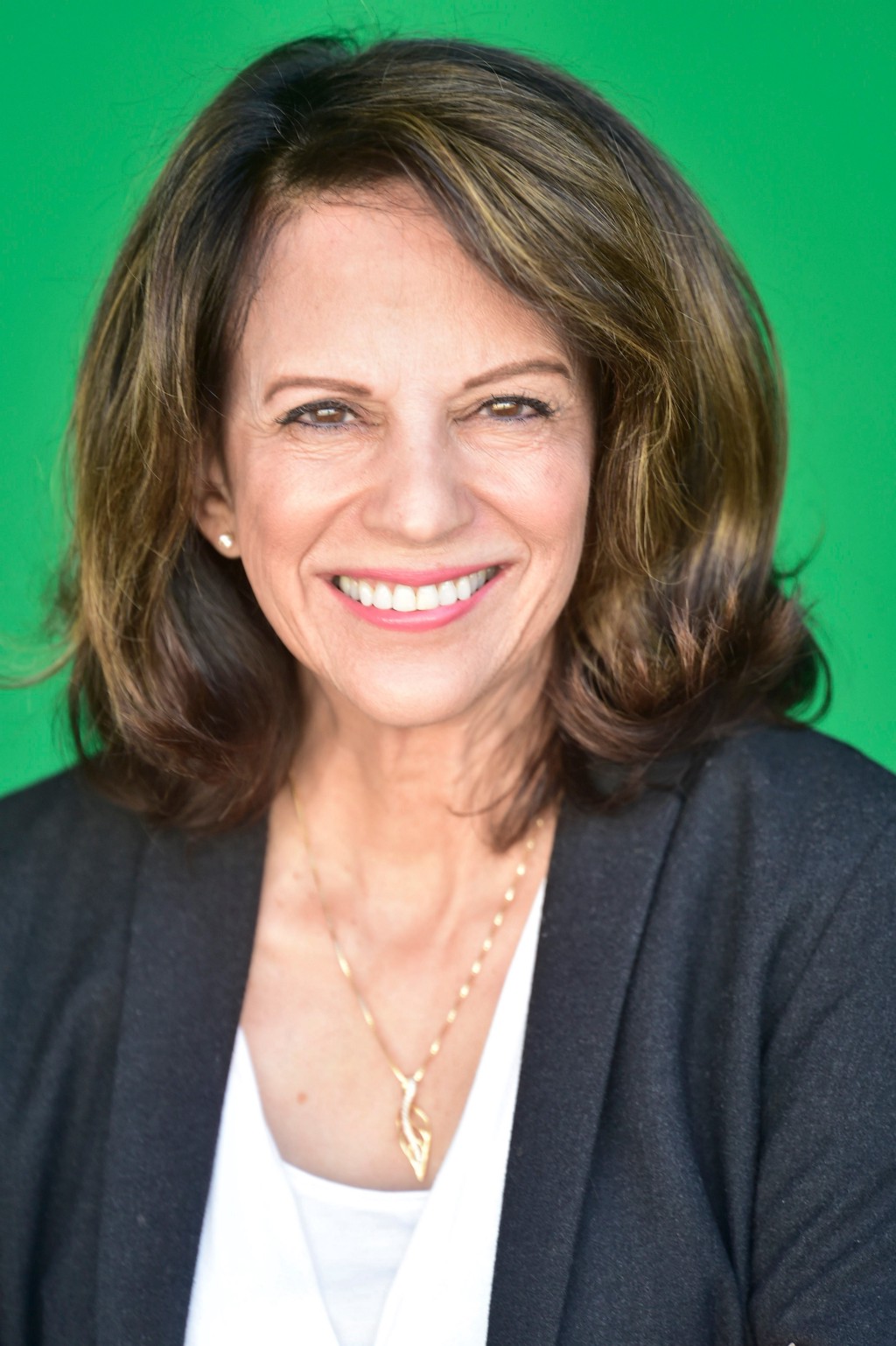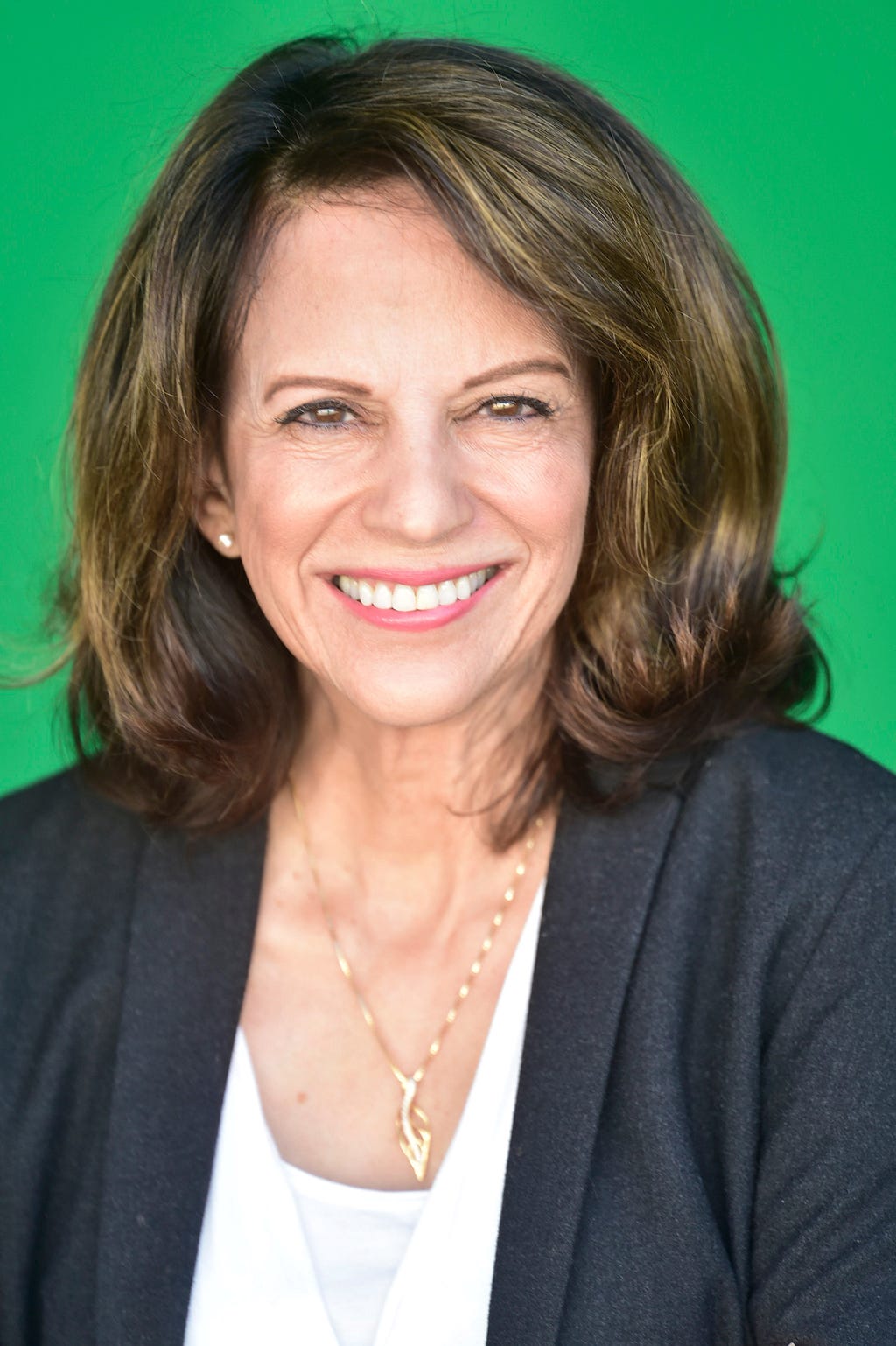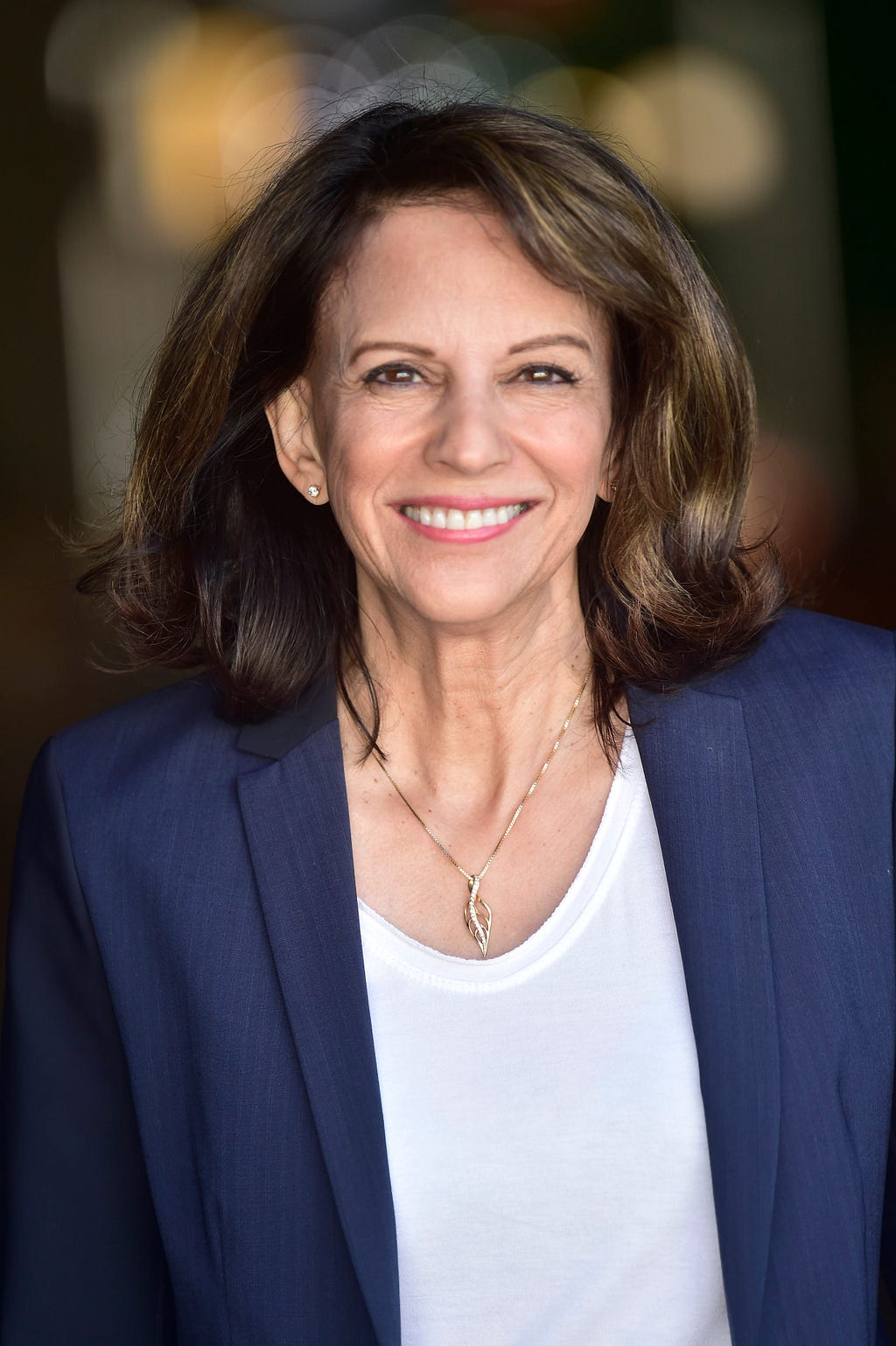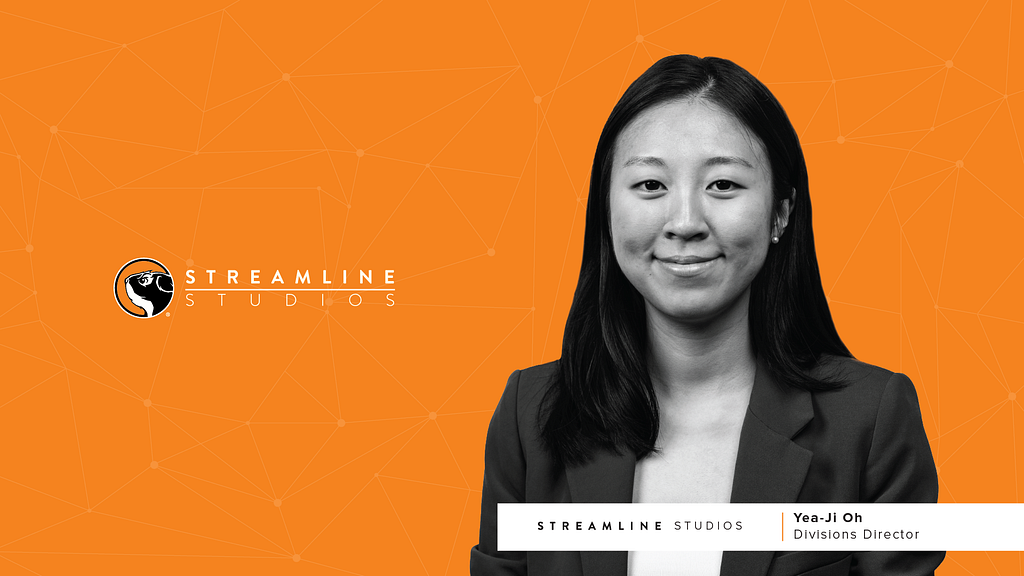Thriving As A Woman In a Male-Dominated Industry: Kendra Cole of The CryptoMom App On The Five Things You Need To Thrive and Succeed as a Woman In a Male Dominated Industry
An Interview With Candice Georgiadis

Be clear on who you are and what you stand for. This will be a challenging road to walk and you will often encounter situations that you don’t agree with or hear things said that you don’t like. Are you going to stay silent and go along with it? Or, are you going to challenge the status quo?
In the United States in 2022, fields such as Aircraft piloting, Agriculture, Architecture, Construction, Finance, and Information technology, are still male-dominated industries. For a woman who is working in a male-dominated environment, what exactly does it take to thrive and succeed? In this interview series, we are talking to successful women who work in a Male-Dominated Industry who can share their stories and experiences about navigating work and life as strong women in a male-dominated industry. As a part of this series, we had the distinct pleasure of interviewing Kendra Cole.
Kendra Cole is the Co-Founder and CEO of The CryptoMom App, a crypto investment management platform for women, made by a woman. Black-owned and woman-run, The CryptoMom App aims to close the crypto gender gap by providing the tools necessary to make cryptocurrency more accessible and digestible to women and moms. Her work has caught the attention of Amazon, who selected Kendra to participate in its Impact Accelerator for Black Founders, a prestigious program that supports underrepresented startup founders with the goal of building a more diverse cloud.
Thank you so much for doing this with us! Before we dig in, our readers would like to get to know you a bit more. Can you tell us a bit about your childhood “backstory”?
I was born in Everett, WA, where the majority of my early childhood memories were spent at my grandparents’ house. I come from a large family of 7 aunts and uncles and so many cousins, so there were a lot of wonderful memories: long days of playing outside with my cousins, cooking dinner with my grandmother, my grandpa reading to me every morning.
At age 5, my mom received a promotion at her job so we moved to Sacramento. This would be the first of many times I would witness the work ethic, difficult decision-making and long hours in the office with my mom. As a single parent, my mom worked shifts at GTE (now Verizon), so I often spent many nights doing homework and sleeping under my mom’s desk. While I’m sure she experienced mom guilt, the only thing I remember is having so much fun being able to go to work with her. At age 8, we moved again to Tampa for another job promotion, where I spent the remainder of my childhood until I graduated from high school.
Even with her unpredictable work schedule, my mom kept me involved in activities that I enjoyed, like dance class, gymnastics, softball and track and field. Being involved in competitive sports taught me so many valuable lessons, from building stamina to achieve long-term goals, to pushing myself to (healthy) limits both physically and mentally. These lessons stuck with me as I built my career and founded my own cryptocurrency startup.
Can you tell us the story about what led you to this particular career path?
My career has primarily been in public relations and corporate communications, leading campaigns and events for global and startup CPG and tech companies. In recent years, I’ve had the privilege of supporting ground-breaking women-led businesses that are helping bring visibility to the issues most important to women, such as Black maternal mental health and equitable parental leave policies. As a working mom of three, I’ve had the privilege of having a supportive village that allowed me the space to continue pursuing various interests in my career, one of those being cryptocurrency.
About two years ago, my interest in crypto piqued, as I had heard about it on social media but wasn’t sure how to get involved. After researching basic fundamentals, I built the confidence to buy my first crypto asset but when I went to sign up for various exchanges, I was thwarted at various points, such as being able to verify my identity due to a name change as a result of taking my husband’s last name in marriage. Then, once I was finally on a platform, the technology wasn’t intuitive to me and the products didn’t serve me and my priorities in the various roles I see myself: career woman, mom, aunt, friend, to name a few.
After speaking with other millennial women, I realized that while my challenges were not rare, they were unique specifically to women. The more I looked into this, the more I realized women were being left out of this important discourse surrounding crypto as a means to building wealth. According to the Gemini State of Crypto Report, bitcoin was initially built around encouraging financial equity, but over 75% of crypto holders are men — creating an uninviting culture that gatekeeps women from participating in this $2.2 billion industry. This, coupled with my experience of working with inspirational women-led startups, led me to want to support the 10 million+ crypto-curious women who want to know more, but don’t know where to start.
Unlike any other platform that exists, The CryptoMom App allows women to buy and sell bitcoin, allocate it to meaningful products like college funds, and give the gift of crypto for special occasions. We also provide financial products and educational tools tailored to the lived experiences, careers, salaries, and technology preferences of women to make cryptocurrency investing more accessible and practical.
Financial independence has given me the freedom to live life by my own design. As a mom, I hope my legacy contributes to empowering female investors to take control of their financial destinies, and create financial independence for themselves, their daughters, and the generations to come.
Can you share the most interesting story that happened to you since you began your career?
In starting The CryptoMom App, I’ve been able to bring in my friends and family on this journey with me, which is the most fulfilling part of this. Our business is truly a family affair: my technical co-founder is my husband, my Chief UX/UI designer is my sister in law, my communications lead is my best friend. And our friends and family round is 90% funded by people of color and women. All of this serves as motivation to succeed.
You are a successful business leader. Which three character traits do you think were most instrumental to your success? Can you please share a story or example for each?
- Never take ‘no’ for an answer: There are going to be so many times potential investors or partners tell you ‘no,’ so thick skin is required. You can be open to feedback, but you don’t have to let it kill your dream. When we submitted for a local Chicago pitch competition, it took us three times before we won. Each loss taught us something and helped us sharpen our positioning and our pitch.
- Listen to your gut: Women are often told to ignore that little voice inside of you and I would say, NEVER do that. Whether in business or personal, your intuition can save you money or even save your life.
- Advocate for yourself: Women, in particular, often suffer from imposter syndrome and for good reason: corporate structures stifle women’s creativity, make it more challenging for women to advance their careers, and certainly discriminate against women of color. Until companies can make major changes to better support women,, it will (unfortunately) be up to you to find the mentors that can guide you to success. It helps to seek companies that have more diverse and supportive cultures.
Ok, thank you for that. Let’s now jump to the primary focus of our interview. Can you help articulate a few of the biggest obstacles or challenges you’ve had to overcome while working in a male-dominated industry?
So while I can identify obstacles that are in my path, I wouldn’t say that I’ve “overcome” them, but rather, that I’ve learned tools and methods to work through them.
I would say the biggest takeaway from working in the male-dominated fintech industry is learning to be OK with being uncomfortable. It’s not ideal, but most of the time when I walk into a room that is heavily crypto-focused, I’m surrounded by men, and specifically white men. Even if there are a few women in the room, it’s almost always white women. I’ve leaned heavily on my foundation, particularly attending Howard University where I gained the confidence and pride in my Blackness, my skills and my worth, to prepare me for situations like this. So while I’m often the only Black woman founder in the room, I’m rarely blindsided by the microaggressions that so frequently pop up in white male spaces.
Can you share a few of the things you have done to gain acceptance among your male peers and the general work community? What did your female co-workers do? Can you share some stories or examples?
The work that I do for The CryptoMom App is not to gain legitimacy or acceptance from male peers. In the words of the great Shirley Chisholm, “if they don’t give you a seat at the table, bring a folding chair.” To put it plainly, I do this because it’s time women claim their long overdue right to financial equity. We’re creating a platform that is truly different from anything else out there: It’s secure, not predatory in nature, and we are driven by the heart of our mission, which is ultimately the betterment of women and their financial present and future. Not everyone will like me or want to hear what I have to say and that’s OK. That’s not a ‘me’ issue; It’s a ‘them’ issue.
What do you think male-oriented organizations can do to enhance their recruiting efforts to attract more women?
First, it has to start at the top: C-Level execs must actively seek out a solution for this. Demand that DEI be a part of the company culture and priority. The fact is, we need white cis men to solve this problem, but you need the RIGHT men. It’s going to take the right people from all backgrounds to extend their networks to bring more diverse people, thought and experience to the table.
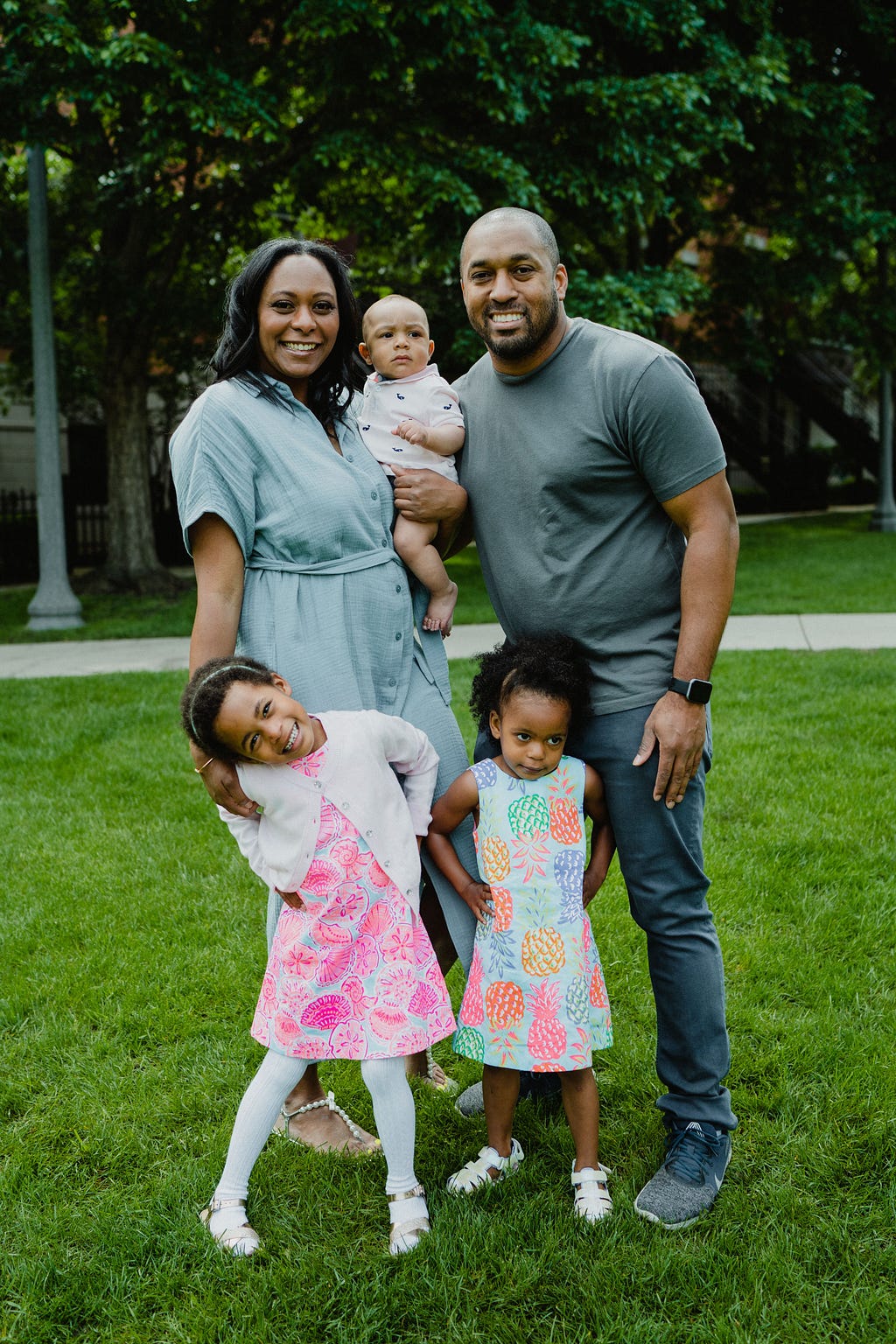
Ok thank you for all of that. Here is the main question of our interview. Based on your opinion and experience, what are the “Five Things You Need To Thrive and Succeed as a Woman In a Male-Dominated Industry?” (Please share a story or example for each.)
- Be clear on who you are and what you stand for. This will be a challenging road to walk and you will often encounter situations that you don’t agree with or hear things said that you don’t like. Are you going to stay silent and go along with it? Or, are you going to challenge the status quo?
- Make your voice heard. In male-dominated industries, there will always be some guy talking louder, speaking AT (instead of to) people, or cutting you off. So be confident, clear and assertive when you speak. Make them hear you and make them listen.
- Find a supportive circle. You’re going to need people who you can laugh with, commemorate with and celebrate your wins with so having a core group of friends is going to be key to your success. Finding or establishing employee resource groups of like-minded individuals will bring you additional support. Bonus if it’s a few people or even just one person who works in the same organization as you.
- Get involved. It’s not all doom and gloom! Find ways to make the organization more fun, impactful and supportive. Maybe it’s getting involved in the office softball team or coordinating a book club. Finding or creating affinity groups allows you to learn more about your co-workers and also bring more value to your work life.
- Be a student of life. Remaining curious allows you to be open to new ideas, new people and new perspectives. It will also keep you interested in your chosen career and industry.
If you had a close woman friend who came to you with a choice of entering a field that is male-dominated or female-dominated, what would you advise her? Would you advise a woman friend to start a career in a field or industry that’s traditionally been mostly men? Can you explain what you mean?
For any career, go into it with passion and excitement. Don’t let other people’s poor or negative experiences keep you from pursuing your interests. That said, make sure you research any company that you’re interested in working or interning for.
Have you seen things change for women working in male-dominated industries, over the past ten years? How do you anticipate that it might improve in the future? Can you please explain what you mean?
There has been a major shift and focus on supporting women in the workplace, particularly in the STEM and FinTech industries. Conferences for female youth that celebrate individuality and providing opportunities and access to resources and education. As more women come into male-dominated industries, as leaders and as founders, there will continue to be changes in how we work in these environments.
We are very blessed that some very prominent names in Business, VC funding, Sports, and Entertainment read this column. Is there a person in the world, or in the US with whom you would love to have a private breakfast or lunch with, and why? He or she might just see this if we tag them.
Sara Blakely is an entrepreneur that I admire and would love to share mimosas with. I love her story of being a solo founder that was scrappy, creative and truly disrupting an industry. She has paved the way for so many women and it would be an honor to meet her.
Thank you for these fantastic insights. We greatly appreciate the time you spent on this.
Thriving As A Woman In a Male-Dominated Industry: Kendra Cole of The CryptoMom App On The Five… was originally published in Authority Magazine on Medium, where people are continuing the conversation by highlighting and responding to this story.



